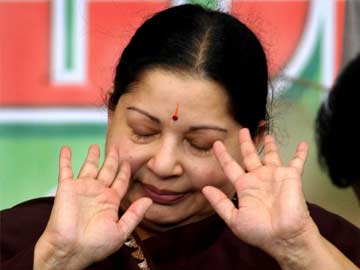http://www.thehindu.com/opinion/editorial/countering-a-divisive-agenda/article6254913.ece
Countering a divisive agenda
It is easy to dismiss as a needless controversy the opposition from a Bharatiya Janata Party legislator to the appointment of tennis star Sania Mirza as a brand ambassador of the young State of Telangana, but one cannot afford to ignore the implications of his perverse remarks concerning her very nationality. By describing her as a ‘daughter-in-law of Pakistan’ because she is married to a Pakistani national, K. Lakshman, the floor leader of the BJP in the Telangana Assembly, was both questioning her ‘Indian-ness’ and insinuating that she has incurred some sort of disqualification for promoting his State because of her marriage. The fact that Ms. Mirza had to publicly avow her loyalty to India is not something our society can be proud of. The BJP leadership has, rightly, distanced itself from Mr. Lakshman’s remarks, but such issues have a tendency to find a resonance among fringe elements in the party and its cohorts. Questions are already being raised about Ms. Mirza’s suitability for the position, her residential status, and loyalty to the nation. While it is legitimate to suggest that other Hyderabad-based sporting icons such as V.V.S. Laxman and Saina Nehwal are also well-suited to represent the Telangana brand, there is little reason to question the State government’s choice, on communal grounds. However, by introducing a 1956 cut-off date to decide who among Hyderabad domiciles will be entitled to government benefits and schemes, the Telangana Rashtra Samithi regime may also have provided the context for a needless scrutiny of Ms. Mirza’s domiciliary status, forcing her to assert that her family has had links with Hyderabad for over a hundred years.
The plight of Ms. Mirza is a mere symptom of a larger malaise creeping into public life. It is the assertion of a distasteful combination of ultra-nationalism and communalism. It is doubtful if the question of divided loyalties would have been raised in the case of a non-Muslim person marrying a foreigner. And outside the nationalist and political domain, the issue also has a gender dimension. Looking at women as ‘daughters-in-law’ of another society after they marry outside it is an unsavoury example of an entrenched discriminatory mindset. It is quite unlikely that an Indian sportsman married to a woman from another country would have been described as that country’s ‘son-in-law’. Belligerent elements are finding means to mask their agenda, behind public issues that arise from time to time. The BJP in the Narendra Modi era has to decide whether it will continue to suffer the polarising tactics of some its members and its extended parivar, or intervene to arrest the retrogressive trend. No responsible leadership can afford to allow fringe elements to indulge in divisive behaviour.
(Courtesy: The Hindu dated 28th July 2014)

















